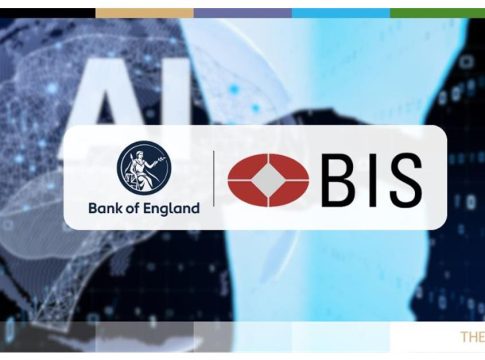BIS and BoE Collaborate to Combat Financial Crime Using AI
In an innovative move to enhance security in the financial sector, the Bank for International Settlements (BIS) has teamed up with the Bank of England (BoE) to explore artificial intelligence (AI) methods aimed at identifying criminal activities within retail payment systems. The partnership, known as Project Hertha, sheds light on the role of transaction analytics in detecting financial crime in real-time.
Insights from Project Hertha
The collaboration yielded promising results, revealing that AI-driven transaction analysis could successfully increase the detection of illicit accounts by 12%. Furthermore, the advanced analytics led to a remarkable 26% uptick in the identification of novel financial crime patterns. The initiative is named after Hertha Ayrton, a notable British inventor and suffragette, highlighting the project’s commitment to trailblazing new paths in crime detection.
The project’s findings are detailed in a comprehensive 30-page report, marking a significant step towards safeguarding payment systems while respecting user privacy. With the ever-evolving nature of financial crime, fraudsters often operate within intricate networks spanning multiple accounts and financial institutions.
Methodology and Findings
The analysis was based on a synthetic dataset representing 1.8 million bank accounts and encompassing 308 million transactions. This extensive dataset was crafted by an AI model designed to replicate genuine transaction behaviours, simulating a realistic environment for retail payments.
While the results are encouraging, the project also highlighted some limitations to AI’s effectiveness in this domain. The BIS and BoE emphasized that implementing similar solutions could generate practical, regulatory, and legal challenges. Notably, the most effective detection occurred when the analytics targeted complex schemes involving multiple accounts from various banks and payment service providers. For certain schemes, the precision of detection doubled, suggesting the necessity for algorithms trained on verified historical cases with adequate supervision.
Future Prospects
As the BIS prepares for leadership transitions, its Innovation Hub remains focused on advancing financial technology and central banking innovations. The ongoing work aims not only to enhance real-time detection of financial crimes but also to maintain the integrity of the global financial system.
Further developments are expected as the BIS and BoE refine their approaches in combating increasingly sophisticated financial crimes.

Focuses on crime, public safety, and regional events.
Bio: Marcus is a community-based journalist passionate about reporting impactful stories that matter most to readers.

